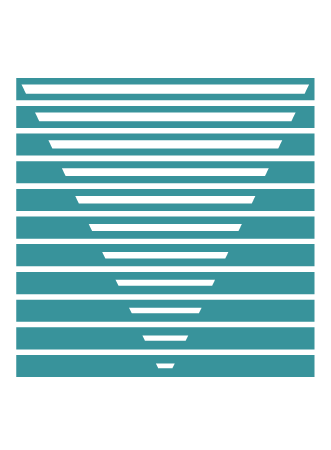Emergencies
Fire Prevention Tips
Tips
- Make sure appliances such as coffee makers are turned off at night.
- If electrical equipment or a fluorescent light is not working properly, or if it gives off an unusual odor, disconnect the equipment or turn off the light and call the Management Office at +1 703 322 9650.
- Protect extension cords from damage by not pulling them across doorways or any place where they will be stepped on. Do not plug an extension cord into another and do not plug more than one extension cord into one outlet. Be sure to check amperage load of the cord as specified by the manufacturer and do not exceed it.
- Leave plenty of space for air to circulate around copy machines, word processors, microwave ovens, and other equipment that normally give off heat.
- Make sure the power is shut off on all office equipment such as copiers, calculators, computers, etc. at the close of the business day.
- Service elevator vestibules on all floors should be always kept clear to provide access for emergency equipment. Tenant belongings and deliveries should not be stored in service elevator vestibules.
- Know the location on your floor of the local fire alarm manual pull stations, fire exits and fire extinguishers.
- Become acquainted with the location of the nearest fire stairs by referring to the floor plan provided to you. Plan alternate means of escape should either stairwell be blocked.
- Check procedures with the Fire Warden for evacuating handicapped personnel.
- Keep several flashlights with fresh batteries in an easily accessible location for emergency use.
- Do not open doors that feel hot.
- Do not prop fire stair doors open or permit doors to remain open. This permits the fire and smoke to spread more easily.
- Close all doors behind you.
- Do not fight a fire by yourself.
- Do not panic - remain calm - wait for help, if necessary.
- Evacuate according to evacuation procedures, which include following instructions from Fire Wardens, Building Management, and the Fire Department.
- Refrain from smoking.
- Walk quickly when directed, but do not run.
- Do not use the elevators for emergency evacuation. USE STAIRS unless directed otherwise.
- If you are exposed to heat or smoke, stay low near the floor.
- Do not go back for your personal property or for other reasons. Do not return to the building until you are instructed to do so by a member of the Property Team.
Types of Fires
CLASS A- Fires in such ordinary combustibles as paper, wood, cloth, rubber, textiles, and many plastics.
CLASS B - Fires in flammable liquids such as grease, oil, paint, and gasoline.
CLASS C - Fires involving energized electrical equipment where there is a risk of shock. (When electrical equipment is de-energized, Class A fire extinguishers may be used safely).
CLASS D - Fires in combustible metals, such as magnesium, titanium, zirconium, etc.
Extinguishers
Multi-purpose "ABC" extinguishers can be purchased to handle all classes of office fires. These chemical-based extinguishers can cause damage to electronic equipment. However, water extinguishers must not be used if an electrical current is present because of the danger of electrical shock. A fire in electrical equipment rooms will almost always require the use of an "ABC" rated fire extinguisher: "A" because there is likely to be paper nearby, "B" because there may be oil or grease involved, and "C" because it is electrical equipment.
